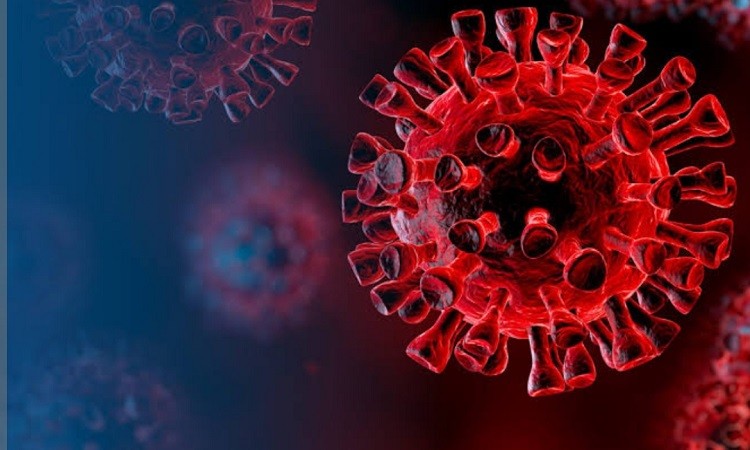
NEW YORK: A panel of US researchers has created an "Atlas" that charts how 152 different antibodies attack a major piece of the SARS-CoV-2 machinery, the spike protein, as it has evolved since 2020. The research note, published in the journal Cell, highlights antibodies that are able to neutralize the newer strains while identifying regions of the spike protein that have become more resistant to attack.
The researchers examined the antibody-producing Memory B cells of 19 patients who were infected with SARS-CoV-2 in March of 2020, before the emergence of new variants.
They studied how these antibodies, and other antibodies that have been characterized by researchers, bind to spike protein models of the B.1.1.7 (Alpha), B.1351 (Beta) and P.1 (Gamma) variants of SARS-CoV-2, which were first identified in the UK, South Africa, and Brazil, respectively.
"Emerging data show that vaccines still confer some protection from new SARS-CoV-2 variants, and our study shows how that works from an antibody standpoint," said Duane Wesemann, of the Division of Allergy and Clinical Immunology and Division of Genetics at Brigham and Women's Hospital. "These data can help us think about what the best kind of booster vaccine might be by studying how the repertoire of human antibodies recognizes the spike protein," Wesemann added.
USCDC highlights Johnson & Johnson Covid-19 vaccine benefits 'far outweigh' risks
Covid Survey Shows: Two-thirds of Indians have Covid antibodies
Oxygen level in human body: Creating portable Oxygen bottle for medical emergencies: IIT Kanpur